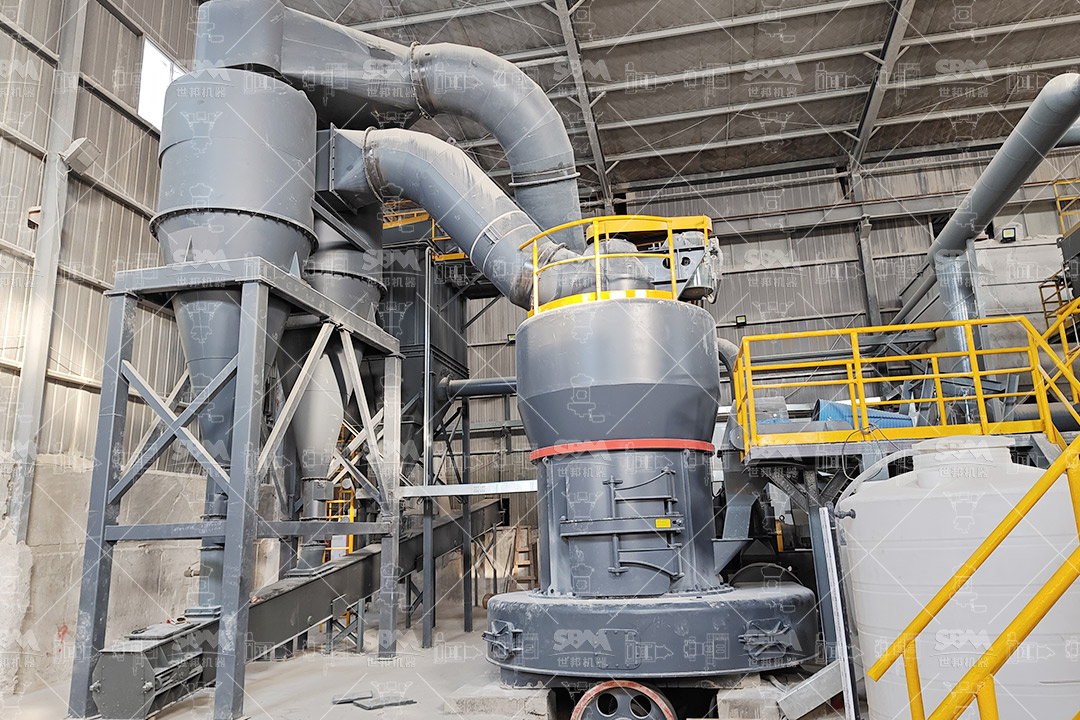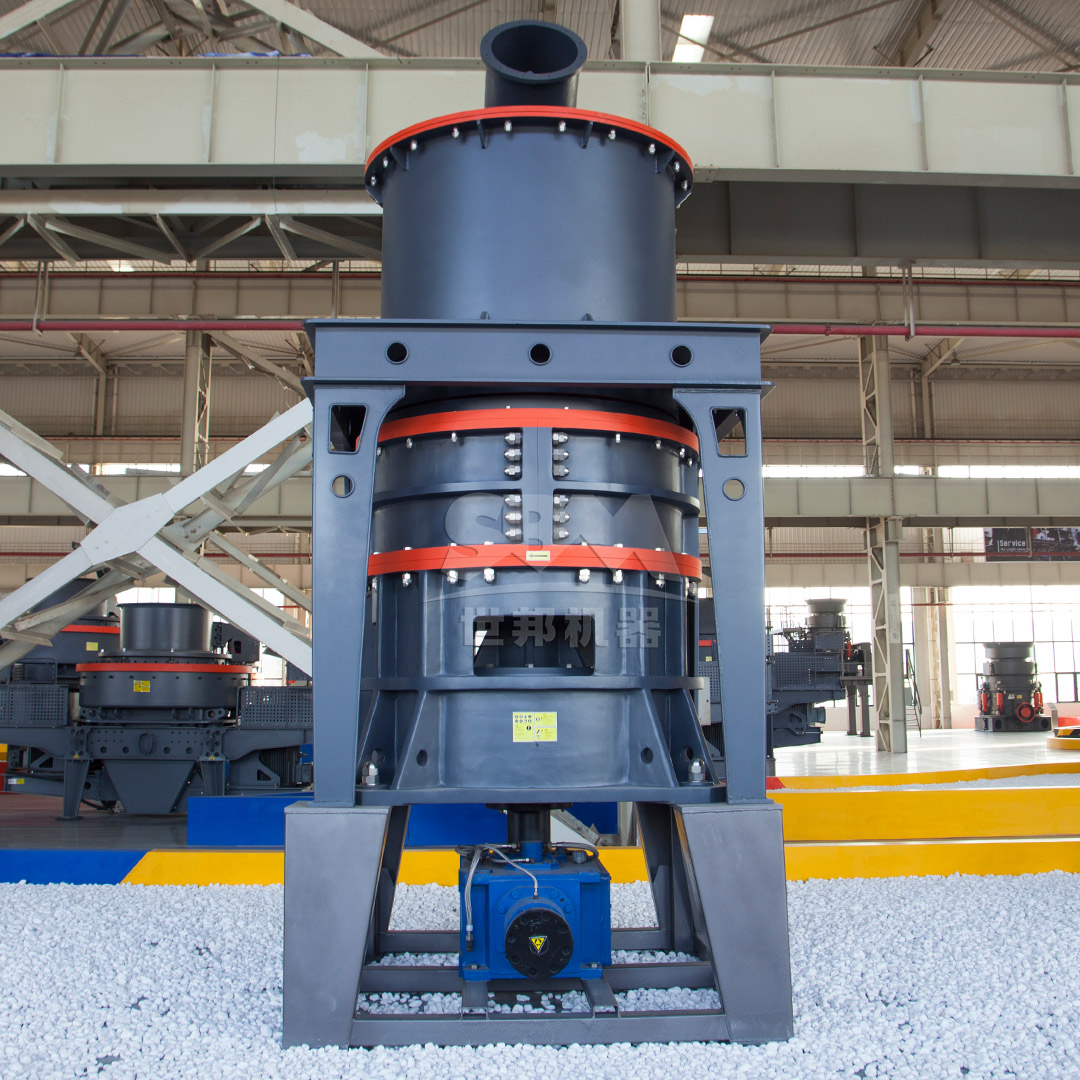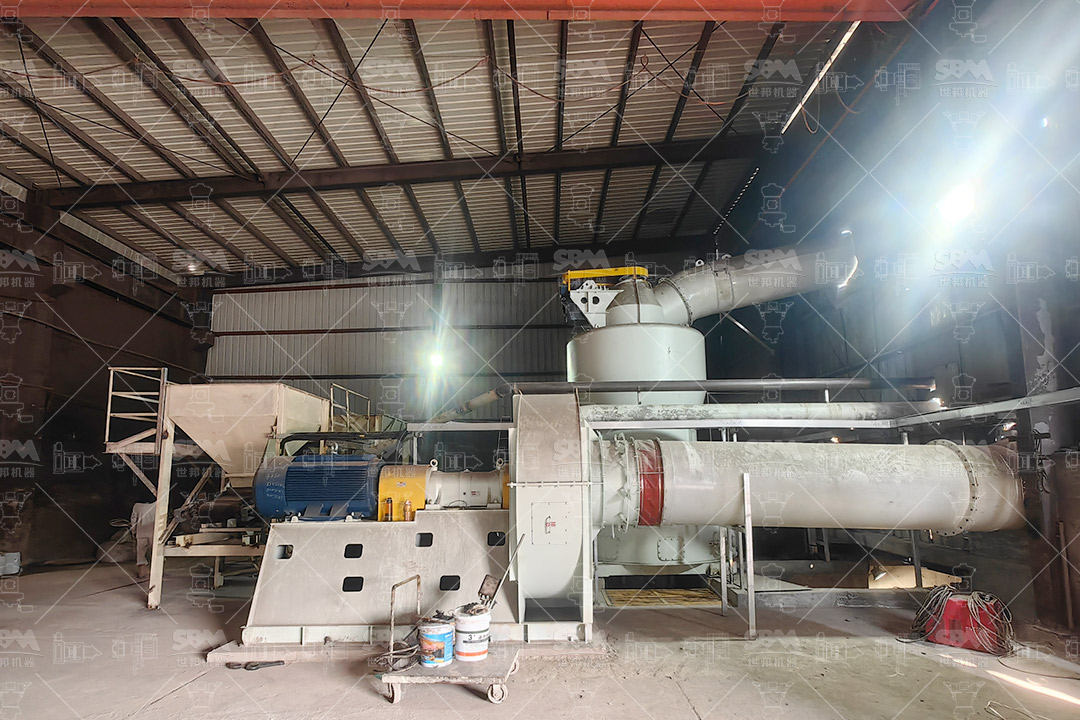In the modern cement production process, gypsum plays an indispensable role as a crucial set retarder that controls the hydration reaction of cement clinker. The quality of gypsum powder directly influences key cement properties including setting time, strength development, and durability. Efficient grinding of gypsum to the optimal particle size distribution is therefore essential for producing high-quality cement products while maintaining operational efficiency and cost-effectiveness.
Traditional grinding systems often face significant challenges when processing gypsum materials. The inherent moisture content in natural gypsum can cause clogging and reduced efficiency in conventional mills. Additionally, achieving the precise fineness required for optimal cement performance while maintaining energy efficiency remains a persistent challenge for many production facilities. The abrasive nature of gypsum also leads to accelerated wear of grinding components, increasing maintenance costs and downtime.
| Grinding Method | Energy Consumption (kWh/t) | Maintenance Frequency | Particle Size Control |
|---|---|---|---|
| Ball Mill | 25-35 | High | Moderate |
| Raymond Mill | 18-28 | Medium | Good |
| Vertical Roller Mill | 15-22 | Low | Excellent |
| Ultrafine Mill | 12-18 | Very Low | Precision |
The evolution of grinding technology has introduced several innovative approaches specifically designed to address the unique challenges of gypsum processing. Modern grinding systems incorporate advanced features such as intelligent classification, wear-resistant materials, and energy-efficient designs that significantly outperform traditional equipment.

For operations requiring the highest standards of gypsum powder quality, our SCM Series Ultrafine Mill represents the pinnacle of grinding technology. This advanced system is specifically engineered to handle the unique characteristics of gypsum while delivering exceptional performance in cement production applications.
The SCM Ultrafine Mill incorporates multiple technological innovations that make it ideally suited for gypsum processing. Its vertical turbine classification system ensures precise particle size control, producing gypsum powder with fineness ranging from 325 to 2500 mesh (D97 ≤ 5μm). The mill’s unique grinding chamber design without bearing screws ensures stable operation and significantly reduces maintenance requirements.
With energy consumption reduced by 30% compared to conventional airflow mills and capacity doubled, the SCM Ultrafine Mill offers substantial operational cost savings. The intelligent control system automatically monitors and adjusts product fineness, ensuring consistent quality while optimizing energy usage. This is particularly valuable in cement production where consistent gypsum quality is critical for product performance.

The SCM series offers multiple models to match various production requirements:
| Model | Processing Capacity (ton/h) | Main Motor Power (kW) | Feed Size (mm) | Final Fineness (mesh) |
|---|---|---|---|---|
| SCM800 | 0.5-4.5 | 75 | 0-20 | 325-2500 |
| SCM900 | 0.8-6.5 | 90 | 0-20 | 325-2500 |
| SCM1000 | 1.0-8.5 | 132 | 0-20 | 325-2500 |
| SCM1250 | 2.5-14 | 185 | 0-20 | 325-2500 |
| SCM1680 | 5.0-25 | 315 | 0-20 | 325-2500 |
For large-scale cement production facilities requiring high-volume gypsum processing, our MTW Series Trapezium Mill provides an optimal solution. This robust grinding system combines European technology with practical design enhancements specifically for mineral processing applications.
The MTW Mill incorporates several proprietary technologies that enhance its performance in gypsum grinding applications. The curved air channel design reduces energy loss and improves transmission efficiency, while the wear-resistant volute structure without flow obstruction significantly enhances air classification efficiency. The integrated gear drive system achieves 98% transmission efficiency, reducing installation costs and space requirements.
With capacity ranging from 3 to 45 tons per hour depending on model selection, the MTW Series can handle the gypsum grinding requirements of even the largest cement production facilities. The combination of wear-resistant shovel design and curved blade configuration extends maintenance intervals and reduces operational costs by approximately 30% compared to conventional mills.

The MTW series offers multiple configurations to suit different production scales:
| Model | Processing Capacity (ton/h) | Main Motor Power (kW) | Feed Size (mm) | Final Fineness (mesh) |
|---|---|---|---|---|
| MTW110 | 3-9 | 55 | <30 | 10-325 |
| MTW138Z | 6-17 | 90 | <35 | 10-325 |
| MTW175G | 9.5-25 | 160 | <40 | 10-325 |
| MTW215G | 15-45 | 280 | <50 | 10-325 |
Successful implementation of advanced gypsum grinding technology requires careful integration with existing cement production systems. Both the SCM Ultrafine Mill and MTW Trapezium Mill are designed for seamless integration into complete production lines, with automated control systems that interface with plant-wide process management systems.
Modern grinding machines feature advanced PLC-based control systems that monitor and adjust operational parameters in real-time. These systems maintain optimal grinding conditions, automatically compensating for variations in feed material characteristics and ensuring consistent product quality. Remote monitoring capabilities allow plant operators to oversee gypsum grinding operations from central control rooms.
Both recommended grinding systems incorporate comprehensive dust collection and noise reduction technologies that ensure compliance with stringent environmental regulations. Pulse dust collectors with efficiency exceeding international standards maintain workplace air quality, while soundproofing measures reduce operational noise to below 75dB, creating a safer and more comfortable working environment.
The transition to advanced gypsum grinding technology represents a significant investment that delivers substantial returns through improved efficiency, reduced maintenance costs, and enhanced product quality. A comprehensive economic analysis typically reveals payback periods of 12-24 months depending on production scale and existing equipment condition.
The energy efficiency improvements achieved with modern grinding technology typically reduce power consumption by 25-35% compared to conventional systems. Reduced maintenance requirements and extended component life further contribute to operational cost savings, while improved product quality can enhance cement marketability and value.
When evaluating grinding equipment options, cement producers should consider the total cost of ownership rather than just initial investment. Advanced systems like the SCM Ultrafine Mill and MTW Trapezium Mill offer lower lifetime costs due to their superior efficiency, durability, and operational reliability.
The optimization of gypsum grinding processes represents a significant opportunity for cement producers to enhance product quality, reduce operational costs, and improve environmental performance. Advanced grinding technologies such as our SCM Ultrafine Mill for precision applications and MTW Trapezium Mill for high-capacity requirements provide comprehensive solutions that address the unique challenges of gypsum processing in cement production.
By investing in modern grinding equipment specifically designed for gypsum applications, cement manufacturers can achieve substantial improvements in operational efficiency, product consistency, and overall profitability. The integration of these advanced systems with automated control and monitoring technologies further enhances their value, providing cement producers with competitive advantages in an increasingly demanding market.